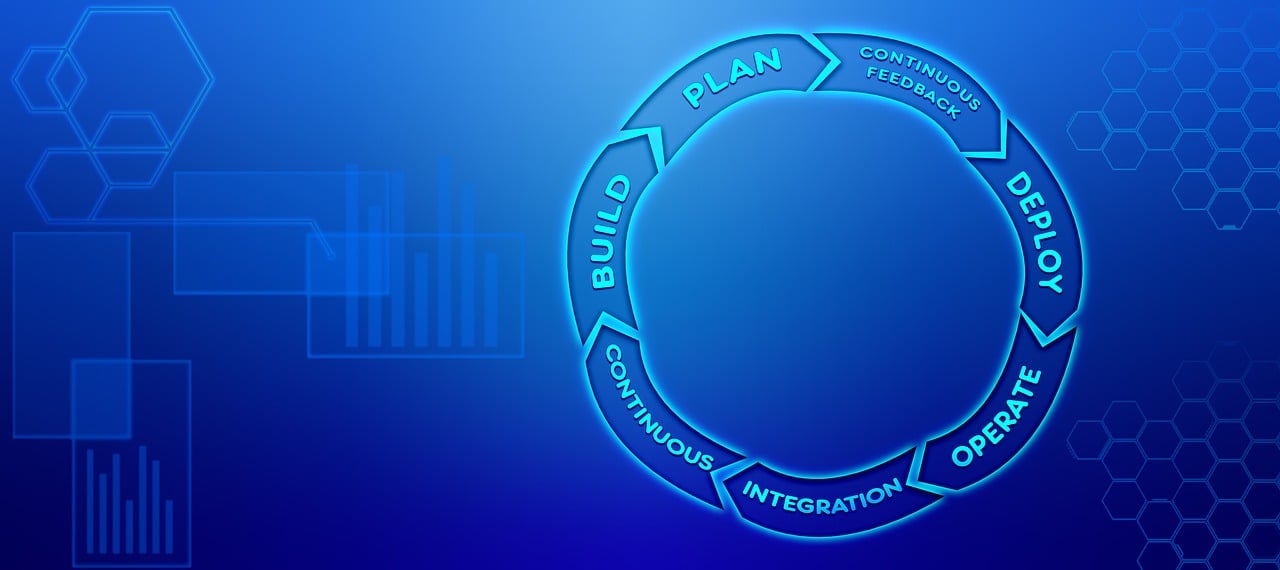
Mastering DevOps: Key Skills, Tools, and Best Practices
DevOps has become an integral part of modern software development and IT operations, fostering collaboration and automation to deliver high-quality software faster. This blog post delves into the essential skills, tools, and best practices needed to master DevOps.
What is DevOps?
DevOps is a cultural and technical movement that aims to unify software development (Dev) and IT operations (Ops) through practices, tools, and processes that automate and integrate the work of software development and IT operations teams.
Key Skills for DevOps Professionals
- Programming and Scripting
- Understanding languages like Python, Ruby, and Go.
- Writing automation scripts and developing software.
- System Administration
- Proficiency in Linux and Windows server administration.
- Managing and configuring servers and networks.
- Cloud Computing
- Knowledge of AWS, Azure, and Google Cloud Platform.
- Implementing and managing cloud infrastructure.
- Continuous Integration/Continuous Deployment (CI/CD)
- Setting up CI/CD pipelines.
- Automating build, test, and deployment processes.
- Containerization and Orchestration
- Using Docker for containerization.
- Managing containerized applications with Kubernetes.
- Configuration Management
- Using tools like Ansible, Chef, and Puppet.
- Automating configuration and management of servers.
- Monitoring and Logging
- Implementing monitoring tools like Prometheus, Grafana, and ELK Stack.
- Analyzing logs and metrics for system performance.
- Security
- Understanding security best practices and implementing them in the DevOps pipeline.
- Using tools for vulnerability scanning and compliance checks.
Essential DevOps Tools
- Version Control Systems
- Git, GitHub, GitLab.
- Managing source code and collaborating with team members.
- CI/CD Tools
- Jenkins, CircleCI, Travis CI.
- Automating the build, test, and deployment processes.
- Containerization Tools
- Docker, Podman.
- Creating, deploying, and running applications in containers.
- Orchestration Tools
- Kubernetes, OpenShift.
- Managing containerized applications at scale.
- Configuration Management Tools
- Ansible, Chef, Puppet.
- Automating the setup and management of infrastructure.
- Monitoring and Logging Tools
- Prometheus, Grafana, ELK Stack (Elasticsearch, Logstash, Kibana).
- Monitoring system performance and analyzing logs.
- Collaboration Tools
- Slack, Microsoft Teams.
- Facilitating communication and collaboration among team members.
- Infrastructure as Code (IaC) Tools
- Terraform, CloudFormation.
- Managing infrastructure through code.
Best Practices for DevOps
- Automate Everything
- Automate repetitive tasks to reduce manual intervention and increase efficiency.
- Implement CI/CD
- Establish robust CI/CD pipelines to ensure continuous integration and delivery of code.
- Adopt a Microservices Architecture
- Use microservices to build scalable and maintainable applications.
- Ensure Security and Compliance
- Integrate security practices into the DevOps workflow to ensure compliance and protect against vulnerabilities.
- Monitor and Measure Everything
- Implement comprehensive monitoring and logging to track system performance and identify issues early.
- Foster a Collaborative Culture
- Encourage collaboration between development and operations teams to improve efficiency and innovation.
- Use Version Control for Everything
- Track changes and collaborate effectively by using version control for code, configurations, and documentation.
- Stay Updated with Trends
- Keep up with the latest DevOps trends and tools to remain competitive and efficient.
Conclusion
Mastering DevOps requires a combination of technical skills, tools, and best practices. By focusing on continuous learning, automation, and collaboration, you can significantly enhance your capabilities and contribute to your organization’s success. Enroll in DevOps courses at JJ Tech Academy to gain hands-on experience and become a proficient DevOps professional.



